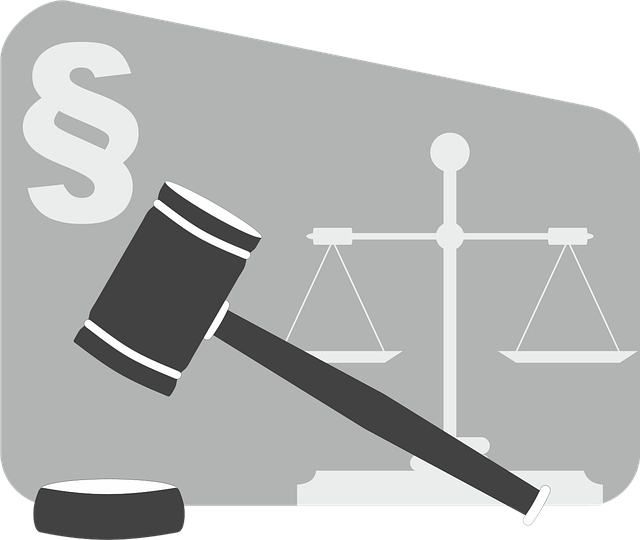Antitrust laws protect fair competition by preventing monopolies and anti-competitive practices like price fixing. Individuals or businesses suffering from antitrust violations can seek various compensation types, including damages for lost revenue, restitution, and injunctive relief, to rectify harm. Understanding these options is crucial when pursuing Types of Compensation for Personal Injury in high-profile cases that often result in substantial settlements or verdicts.
Antitrust violation cases involve businesses engaging in unfair practices that restrict competition, often to their competitors’ or consumers’ detriment. Understanding these laws and their purpose is crucial for both business leaders and individuals who may have suffered from such violations. This article delves into the common types of antitrust breaches, focusing on how victims can seek Types of Compensation for Personal Injury when their rights are infringed upon. By exploring these aspects, we aim to shed light on the available remedies and the importance of holding wrongdoers accountable.
- Understanding Antitrust Laws and Their Purpose
- Common Types of Antitrust Violations
- Types of Compensation Available for Victims
Understanding Antitrust Laws and Their Purpose

Antitrust laws are designed to promote fair competition and prevent monopolies from dominating markets. These regulations aim to ensure that businesses operate within ethical boundaries, fostering a competitive environment that benefits consumers. The primary purpose is to maintain a free and open market where prices are determined by supply and demand, not by the power of a single entity. By enforcing these laws, authorities protect against anti-competitive practices such as price fixing, market division, and abuse of dominant market positions.
Understanding the legal framework behind antitrust is crucial for both businesses and individuals. In the context of personal injury cases resulting from antitrust violations, victims may be eligible for various forms of compensation. This includes damages for lost revenue, restitution to recover ill-gotten gains, and injunctive relief to stop ongoing anti-competitive behavior. With an unprecedented track record in white-collar and economic crimes, it’s essential to recognize the potential for significant financial recompense through the pursuit of legal action.
Common Types of Antitrust Violations

Antitrust violations can take various forms, each with its own unique implications for both corporate and individual clients. One common type involves price-fixing, where businesses collude to set prices, restricting market competition. This practice not only harms consumers but also often results in significant financial losses for those who have been affected. Another frequent violation is the abuse of dominant market position, where a company uses its power to stifle competition, hampering innovation and consumer choice.
In cases of antitrust violations, individuals who have suffered losses due to these practices may be eligible for Types of Compensation for Personal Injury. These can range from financial reimbursement for direct losses to punitive damages aimed at deterring future misconduct. For his clients, securing complete dismissal of all charges is often a primary goal, reflecting the importance of upholding fair market competition and protecting consumer rights.
Types of Compensation Available for Victims

When individuals or businesses become victims of antitrust violation cases, they may be eligible for various forms of compensation to rectify the harm suffered. The types of compensation available can vary greatly depending on the specifics of each case and the extent of the damage incurred. In many instances, those affected by anti-competitive practices can seek monetary damages, which aim to reimburse them for any financial losses or extra expenses they endured as a result of the violation. This may include costs related to purchasing goods or services at inflated prices, lost profits, or increased operational expenses due to restricted competition.
Additionally, victims may pursue compensatory damages designed to put them in the same position they would have been in had the antitrust violation not occurred. This could involve restitution, where funds are returned to affected consumers who overpaid for products or services, and injunctive relief, which seeks to prevent future harm by compelling the offending party to cease anti-competitive behavior. High-stakes cases often attract significant attention, impacting both corporate and individual clients across the country. These complex legal battles can result in substantial settlements or verdicts, ensuring that victims receive adequate compensation for their experiences.
Antitrust violation cases not only protect consumers from unfair business practices but also offer various forms of compensation, especially in personal injury scenarios. Understanding these laws and their reach is essential for both businesses and individuals alike. By recognizing common violations and the available remedies, victims can navigate the legal landscape to seek justice and recover damages, including economic losses and harm to their well-being, as outlined in the types of compensation for personal injury.






